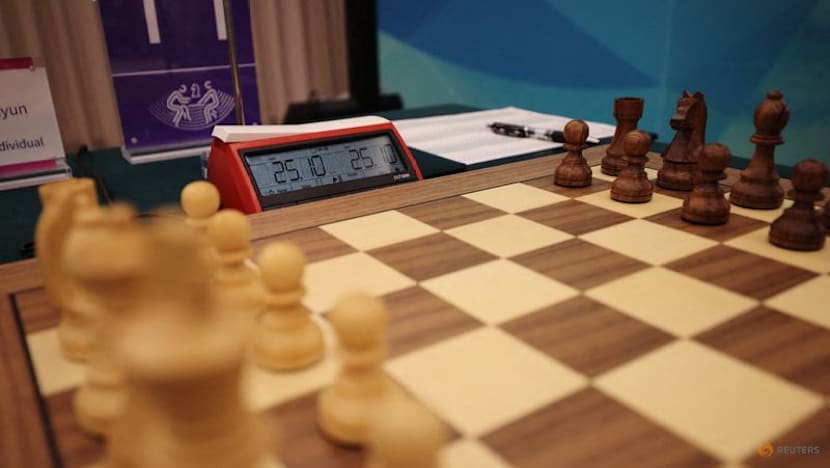Singapore proposes legislative change to formally recognise e-sports, chess and bridge as sports
Under the Bill, if enacted into law, the Singapore National Paralympic Council would also be included as one of SportSG’s key partners in organising sports events.


This audio is generated by an AI tool.
SINGAPORE: Mind sports such as chess and bridge, along with e-sports, would be formally recognised as sports if a Bill introduced into parliament on Tuesday (Nov 4) is enacted into law.
The Singapore Sports Council (Amendment) Bill was tabled for its first reading by Acting Minister for Culture, Community and Youth David Neo, and seeks to update the roles and functions of Sport Singapore (SportSG) to better support Singaporeans' diverse sporting aspirations.
The move reflects the "growing diversity and aspirations of Singaporeans in our sporting landscape", the Ministry of Culture, Community and Youth (MCCY) said in a press release on Tuesday.
The Bill seeks to amend the existing Singapore Sports Council Act.
Both mind sports and e-sports have seen surging interest in Singapore in recent years.
At Gamescom Asia 2024, Minister of State for Trade and Industry Alvin Tan said that the video games and e-sports markets are projected to grow at compound annual growth rates of 13.3 per cent and 9.2 per cent respectively.
Singapore has hosted major international e-sports events, including The International 2022 – the biggest global tournament for multiplayer online game Dota 2. The country was the first Southeast Asian nation to host the event.
In 2023, Singapore also hosted the inaugural Olympic Esports Week.
Mind sports such as chess have experienced a similar boom in popularity.
At the youth level, 1,606 players competed in the 75th National Schools Individual Chess Championship in 2024 – a nearly 20 per cent increase from 2022. Last year, Singapore hosted the World Chess Championship for the first time.
OTHER AMENDMENTS
Beyond mind sports, the Bill also proposes naming the Singapore National Paralympic Council, like the Singapore National Olympic Council, as one of SportSG’s key partners in organising sports events and competitions.
This underscores the government's "strong and sustained support for disability sports and inclusivity", MCCY said.
Under the proposed changes, SportSG's role would also be expanded to include promoting physical fitness activities, not just sports, to encourage Singaporeans to adopt more active lifestyles.
SportSG would also establish and maintain codes of practice for coaching and for sports and physical fitness equipment, items and facilities.
This includes accreditation to improve the adoption of best practices in the sector.
Under the Bill, if passed, SportSG will be better able to establish institutions to develop and train national athletes, by overseeing these institutions’ sports activities and curriculum.
“This reflects the government’s holistic approach to supporting Team Singapore athletes through various stages of their education and sporting careers,” MCCY said.

















